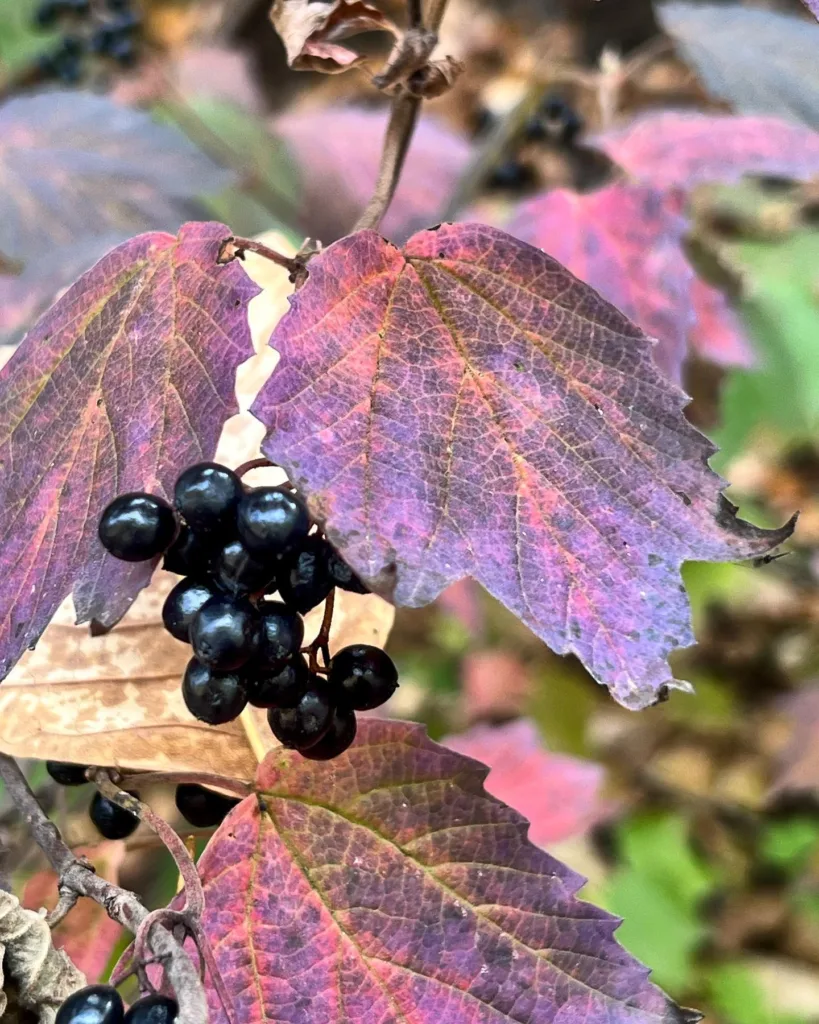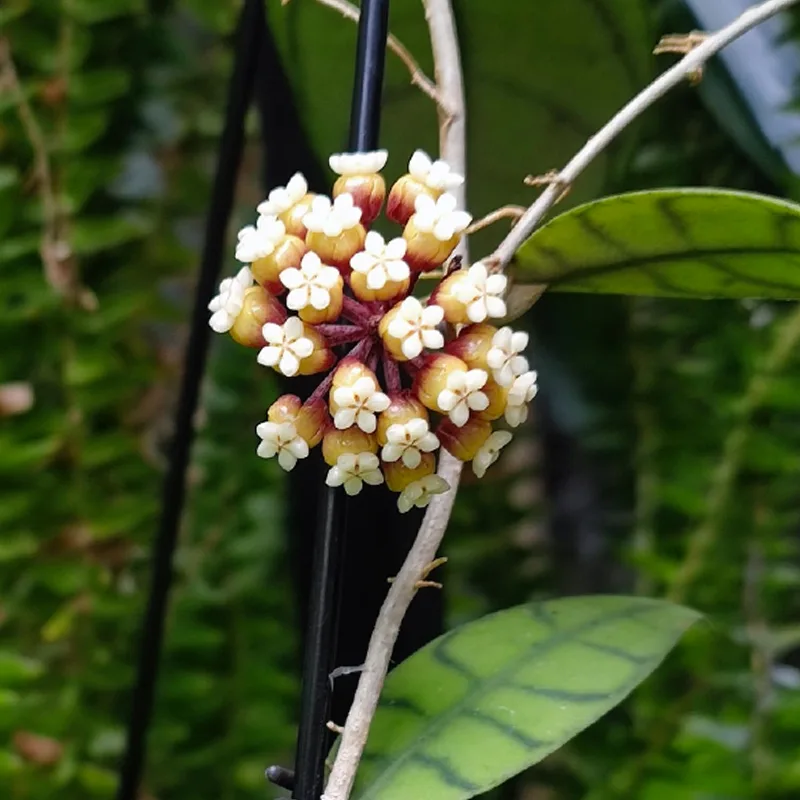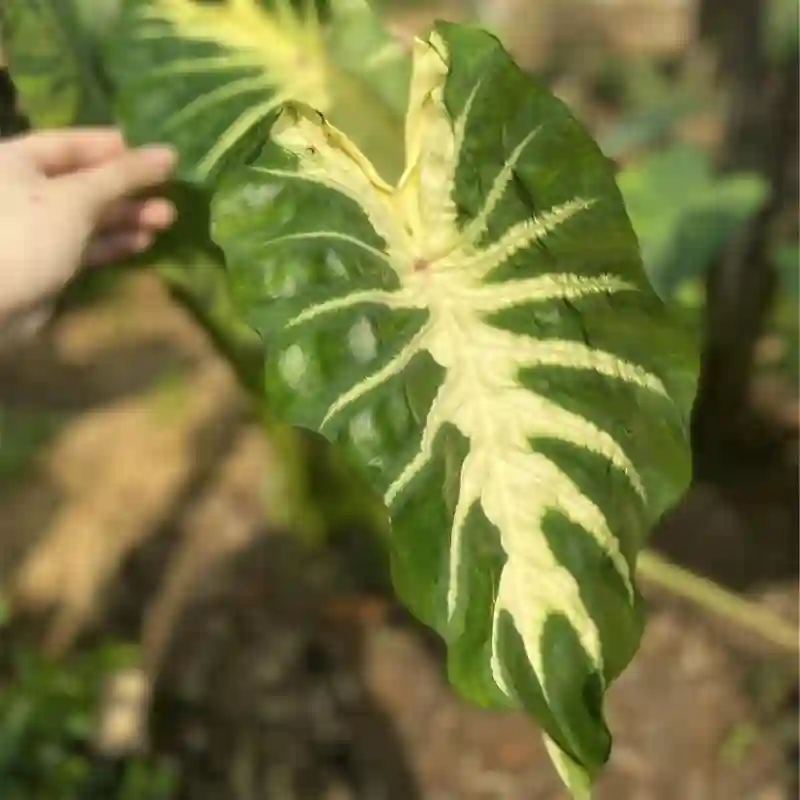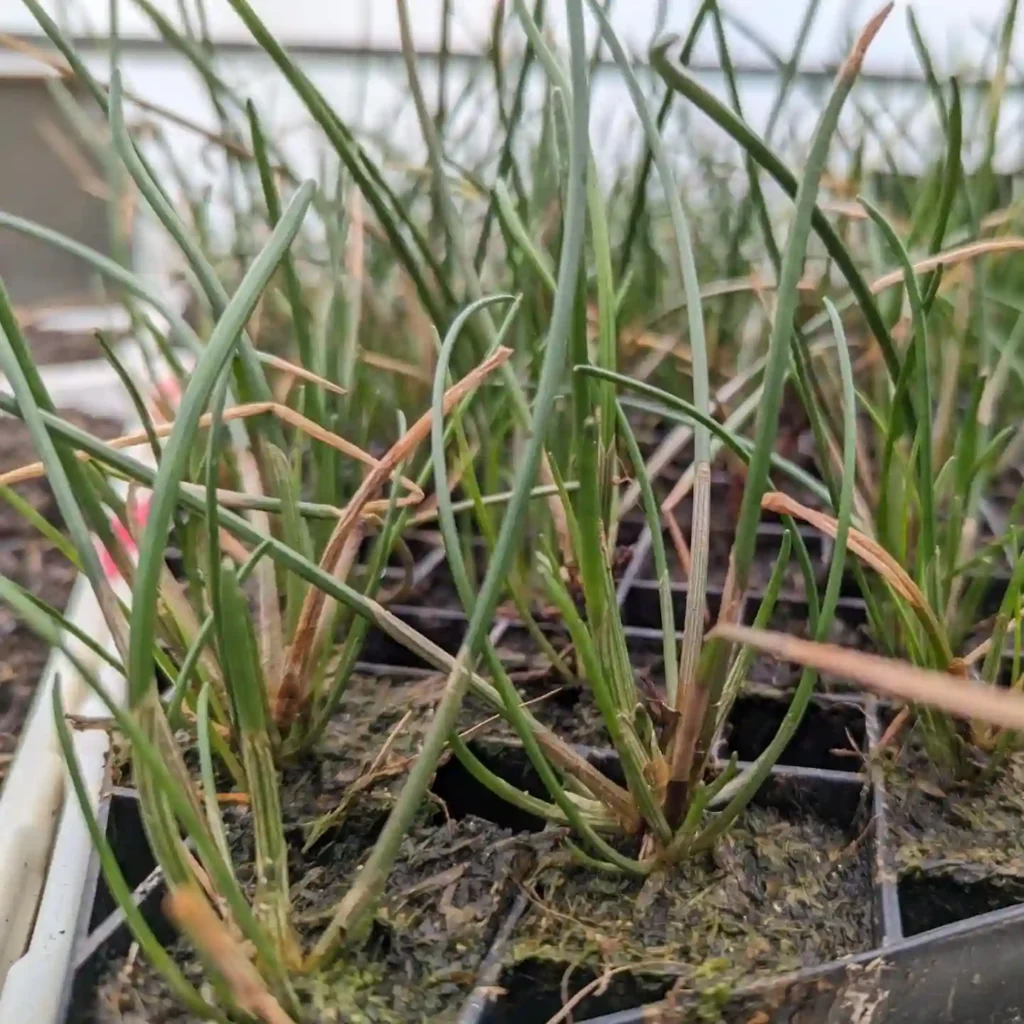Anacampseros: A Love Affair with Tiny Succulents
My name is Ferb Vu, and I have a confession to make: I’m utterly captivated by the diminutive charm of Anacampseros. This genus of succulent plants belong to the Anacampserotaceae family, hailing primarily from Southern Africa, has completely stolen my heart. Their intriguing forms, diverse textures, and surprising resilience make them a joy to cultivate and admire.
Perhaps it’s their ancient connection to love that first drew me in. The name Anacampseros itself translates to “restore lost love,” a nod to the belief that these plants held magical powers to rekindle affection. While I can’t vouch for their efficacy in matters of the heart, I can attest to their ability to inspire a deep fascination in those who encounter them.
A World of Variety
What truly amazes me about Anacampseros is the sheer diversity within the genus. From the compact rosettes of Anacampseros rufescens with its deep red leaves to the trailing stems of Anacampseros telephiastrum adorned with tiny, almost translucent leaves, each species boasts a unique personality. Some, like Anacampseros retusa, form dense cushions that resemble miniature landscapes, while others, such as Anacampseros alstonii, surprise with unexpected bursts of vibrant pink flowers.
This incredible variety is a testament to the adaptability of Anacampseros. They’ve carved out a niche for themselves in harsh environments, from the arid plains of South Africa to the rocky outcrops of Namibia. This resilience makes them surprisingly easy to care for, even for novice gardeners.
A Closer Look at the Species
The Anacampseros genus encompasses a fascinating array of species, each with its own distinct characteristics. Here are:
- Anacampseros albidiflora: Known for its delicate white flowers that bloom in the evening.
- Anacampseros arachnoides: This species is aptly named for the cobweb-like hairs that cover its leaves.
- Anacampseros comptonii: Features elongated, silvery-green leaves and bright pink flowers.
- Anacampseros filamentosa: Characterized by its long, filamentous stipules that give it a hairy appearance.
- Anacampseros lanceolata: Displays lance-shaped leaves that often have a reddish tinge.
- Anacampseros namaquensis: Forms a caudex, a swollen stem base, which adds to its visual appeal.
- Anacampseros papyracea: Possesses papery stipules that create a unique textural element.
- Anacampseros rufescens: One of the most popular species, known for its reddish leaves and ease of cultivation. Plant FAQs: Anacampseros Rufescens
- Anacampseros telephiastrum: A creeping species with small, rounded leaves.
- Anacampseros affinis H.Pearson & Stephens
- Anacampseros albissima Marloth
- Anacampseros alta Poelln.
- Anacampseros australiana J.M.Black
- Anacampseros bayeriana S.A.Hammer
- Anacampseros coahuilensis (S.Watson) Eggli & Nyffeler
- Anacampseros crinita Dinter
- Anacampseros decapitata Burgoyne & J.van Thiel
- Anacampseros densifolia Dinter ex Poelln.
- Anacampseros depauperata (A.Berger) Poelln.
- Anacampseros dielsiana Dinter
- Anacampseros dinteri Schinz
- Anacampseros fissa Poelln.
- Anacampseros gariepensis (G.Will.) Snijman
- Anacampseros gracilis Poelln.
- Anacampseros grisea (G.Will.) Dreher
- Anacampseros harveyi (J.van Thiel & Lavranos) Dreher
- Anacampseros herreana Poelln.
- Anacampseros hillii G.Will.
- Anacampseros karasmontana Dinter
- Anacampseros kurtzii Bacig.
- Anacampseros lavbleckiana (G.Will.) Dreher
- Anacampseros mallei (G.Will.) G.Will.
- Anacampseros marlothii Poelln.
- Anacampseros meyeri Poelln.
- Anacampseros nebrownii Poelln.
- Anacampseros nitida Poelln.
- Anacampseros paradoxa Poelln.
- Anacampseros parviflora Poelln.
- Anacampseros perplexa (G.Will.) Snijman
- Anacampseros pisina G.Will.
- Anacampseros prominens G.Will.
- Anacampseros quinaria E.Mey. ex Fenzl
- Anacampseros quinarioides Dreher, Rodgerson & A.J.Young
- Anacampseros recurvata Schönland
- Anacampseros retusa Poelln.
- Anacampseros rhodesica N.E.Br.
- Anacampseros rubroviridis Poelln.
- Anacampseros ruschii Dinter & Poelln.
- Anacampseros schoenlandii Poelln.
- Anacampseros scopata G.Will.
- Anacampseros septentrionalis Bruyns
- Anacampseros specksii Dreher
- Anacampseros starkiana Poelln.
- Anacampseros subnuda Poelln.
- Anacampseros tomentosa A.Berger
- Anacampseros truncata Poelln.
- Anacampseros ustulata E.Mey. ex Fenzl
- Anacampseros vanthielii G.Will.
- Anacampseros variabilis Poelln.
- Anacampseros vespertina Thulin
- Anacampseros vulcanensis Añon
Cultivating My Passion
My own journey with Anacampseros began with a single cutting of Anacampseros rufescens. Its vibrant colors and compact growth habit instantly captivated me. As I delved deeper into the world of these fascinating succulents, I found myself drawn to their unique adaptations and the challenges of providing the right conditions to encourage their growth.
Over time, my collection has expanded to include a variety of species, each with its own unique requirements and rewards. I’ve learned the importance of well-draining soil, ample sunlight, and careful watering to mimic their natural environment. The satisfaction of seeing these tiny plants thrive under my care is immense.
More Than Just Plants
Anacampseros has become more than just a horticultural pursuit for me. It’s a constant source of inspiration, a reminder of the beauty and resilience of the natural world. These unassuming plants, with their intricate forms and surprising adaptations, have taught me the value of patience, observation, and appreciation for the small wonders that often go unnoticed.
I encourage anyone with an interest in succulents to explore the world of Anacampseros. Their diversity, ease of care, and unique charm make them a rewarding addition to any plant collection. Who knows, you might even fall in love.
If i die, water my plants!



